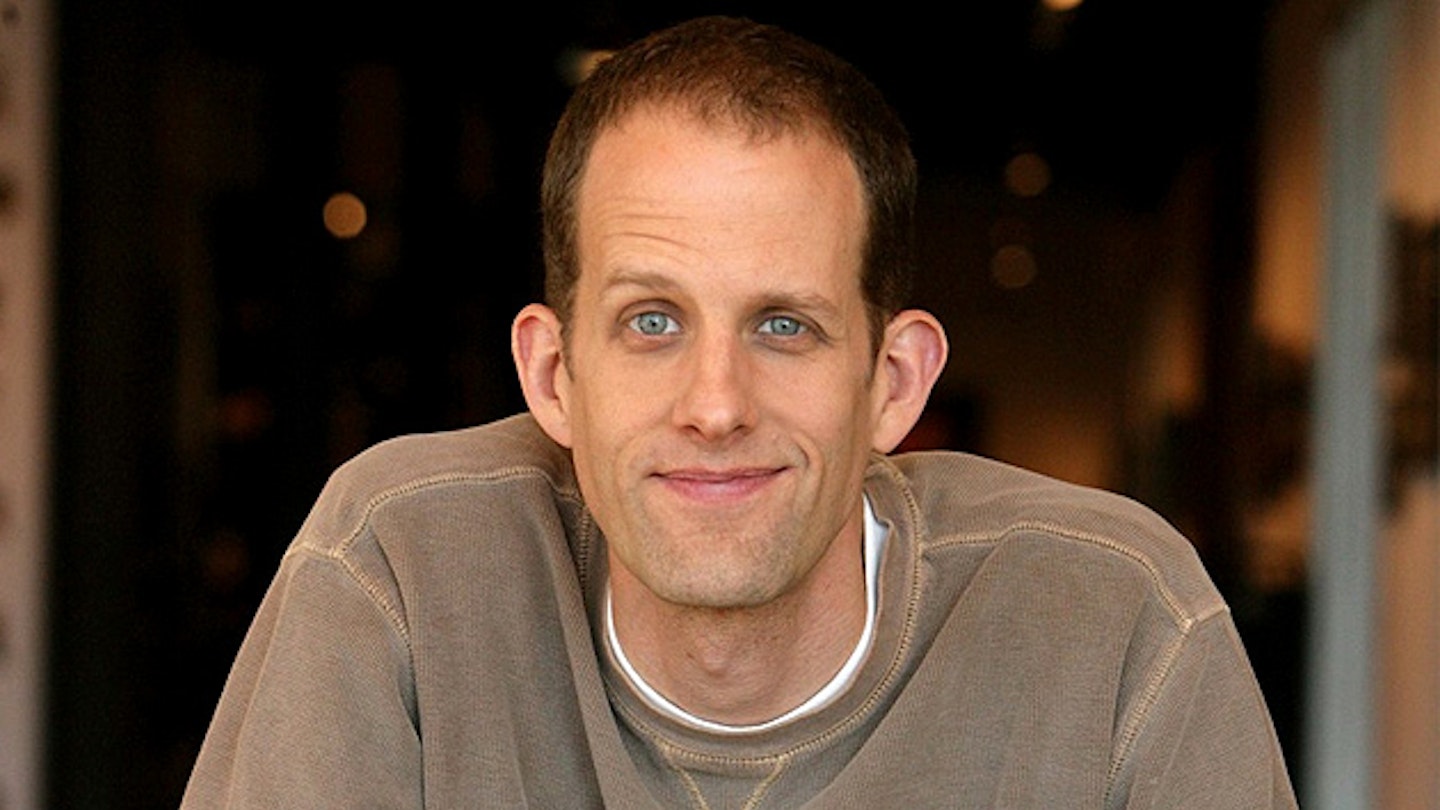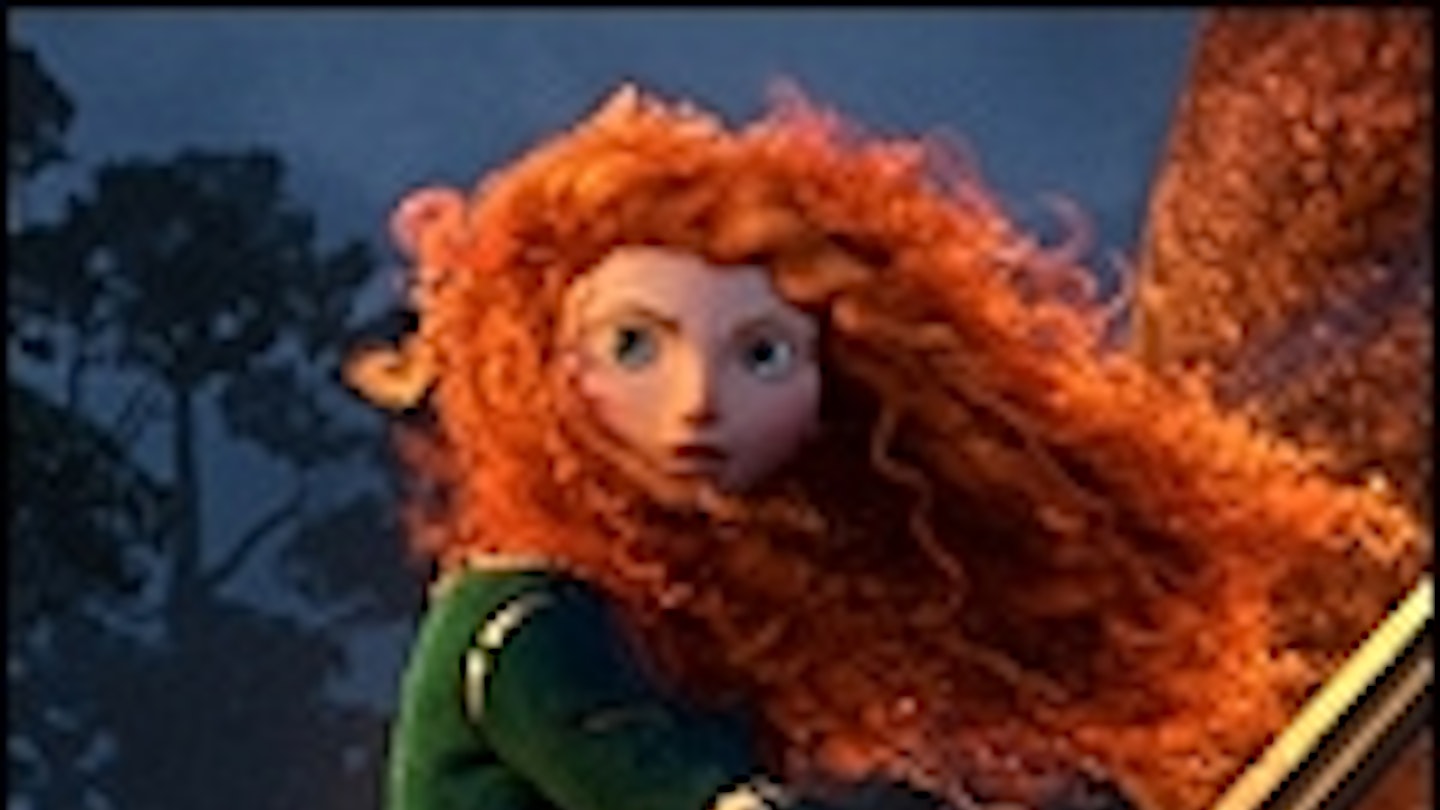Once upon a time, there was an animation studio that could do no wrong. Well, that’s not entirely true. A Bug’s Life is only pretty good, Monsters, Inc. not half as funny as it thinks it is, and we’ll come to Cars in a moment. Anyway, this animation studio was rightly held in high esteem not just for the exquisite look of its films, but for the wit, wisdom and emotional colour with which it invested its varied fables. But of late, a shadow has fallen across its pineapple-yellow happy rooms, their communal breakfast carts and bottle-green think tanks. Care of the empty dazzle of Cars 2, sequel to the empty dazzle of Cars; the opening, indeed, of Cars Land in Disneyland (weren’t such tawdry brand extensions beneath their lofty ideals?); and the flop-by-association of John Carter, which their famed Brain Trust could do little to salvage, they appear short on inspiration. For the first time in its rich tapestry, the latest Pixar film is approached with something like trepidation — there have even been rumours of behind-the-scenes conflict, key creatives handing in their Hawaiian shirts. And its first original story since Up appears to be set in the corny realms of fairy tale usually dished up by Mother Disney.
And yet, at the end of the astonishingly good first act of Brave, you want to cheer. Feisty heroine Merida (voiced with thistle-prickled sass by Kelly Macdonald) has won her own hand in marriage by beating a trio of unappealing local suitors in an archery competition, splitting an arrow in a shiver of tensile slow motion. Ready proof of Pixar’s still inexhaustible visual brio, marrying a virtuoso play on movie dynamics with emotional illustration. Merida is a girl on a mission, like Gregory’s Girl retrofitted to Skyrim. It’s the launch pad for a great film, but we get only a very good one.
By the way, gratifyingly we are leagues from singing mice and wedding-cake castles. Drawn from a swatch of ursine-scented Highland folklore, the tale unfolds in a soothingly majestic Celtic Scotland, sprawling into the hazy distance in 3D (to this jaded reviewer’s eyes, one of the best examples of the format thus far). Check out the way things aren’t in focus.
What is sharp as day is the canniness of the lead characters. Crowned with a waterfall of magnificent coppery curls glinting like Irn-Bru, plucky, exasperated Merida is a modern girl in an ancient world (i. e. she won’t marry some local snotling). This is not to her mother’s liking. Queen Elinor (Emma Thompson) is the brains of the kingdom with iron-black locks — save for a streak of Sontag-silver — and one eye on the fragile alliance of local clans: the Dingwalls, the Macintoshes and (wonderfully) the MacGuffins. Vetoing both the romantic carry-on of dreamy Prince Charmings and the current vogue for gender-reversed girl-warriors (although Merida’s archery-tekkers would send Katniss for an early bath), the story is tightly and movingly focussed on this tangle of mother-daughter relations. More like Miyazaki, in fact. Cue: a convenient Macbeth-sprung witch offering a risky spell. Cue: risky spell (without giving the game away, the mother ends up metaphorically embodying the daughter’s opinion of her). Cue: the rest of the film. You can see where it’s going, and that is exactly where it goes.
By the way, led by Billy Connolly’s one-legged, rabble-rousing King Fergus, the men are uniformly eejits: a hilarious, woad-slapped, kilt-wrapped, punch-drunk tartan army bearing more than a passing resemblance to the tribal nitwits of Astérix books. That is apart from Merida’s pipsqueak brothers: a triplet of curly-haired, scene (and bun)-stealing micro-dervishes sure to be championed by junior viewers.
Amongst the hurly-burly of the second and third acts (the film is distinctly three-tiered) there is some ravishing animation (perfect facsimiles of rolling animal gait, rousing midnight getaways, all those ambient details we shouldn’t take for granted: the rippled surface of a lonely loch, the flicker of torch light, the scrupulous textures of stone, wood and tartan). But the film lacks discovery, the way plot unfurls in unforeseen directions in top-table Pixar. That extra layer of interpretation. How Ratatouille was really about the pursuit of art. How the Toy Storys are really about the vexations of middle management. How The Incredibles is a better version of Watchmen than Watchmen.
Brave is an enthralling entertainment, sure to make you laugh. But it’s also a journey of self-discovery readily apparent to anyone weaned on Disney. Even then, the moral is a bit of a fudge — follow your heart and listen to your parents. Group hug. Happily ever after.
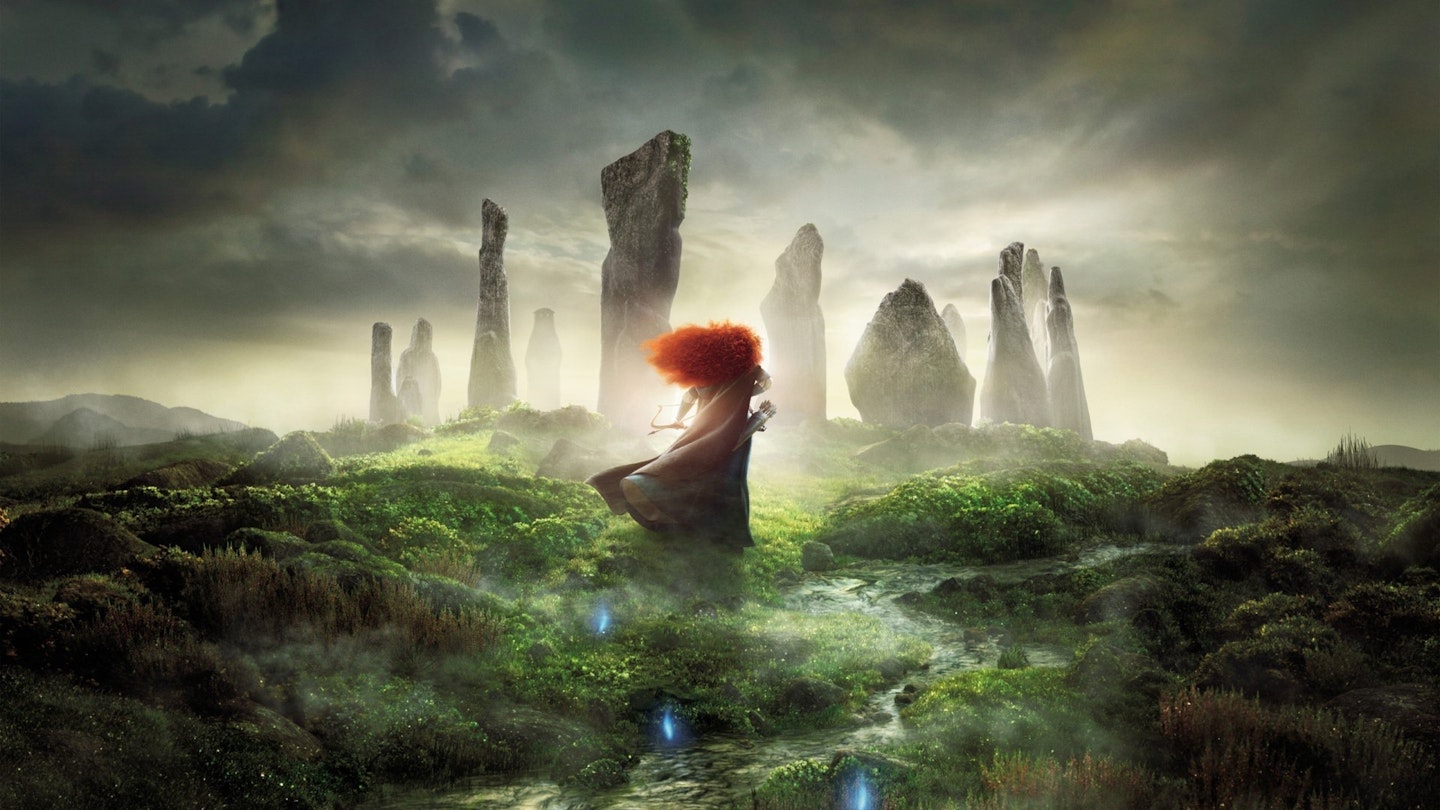
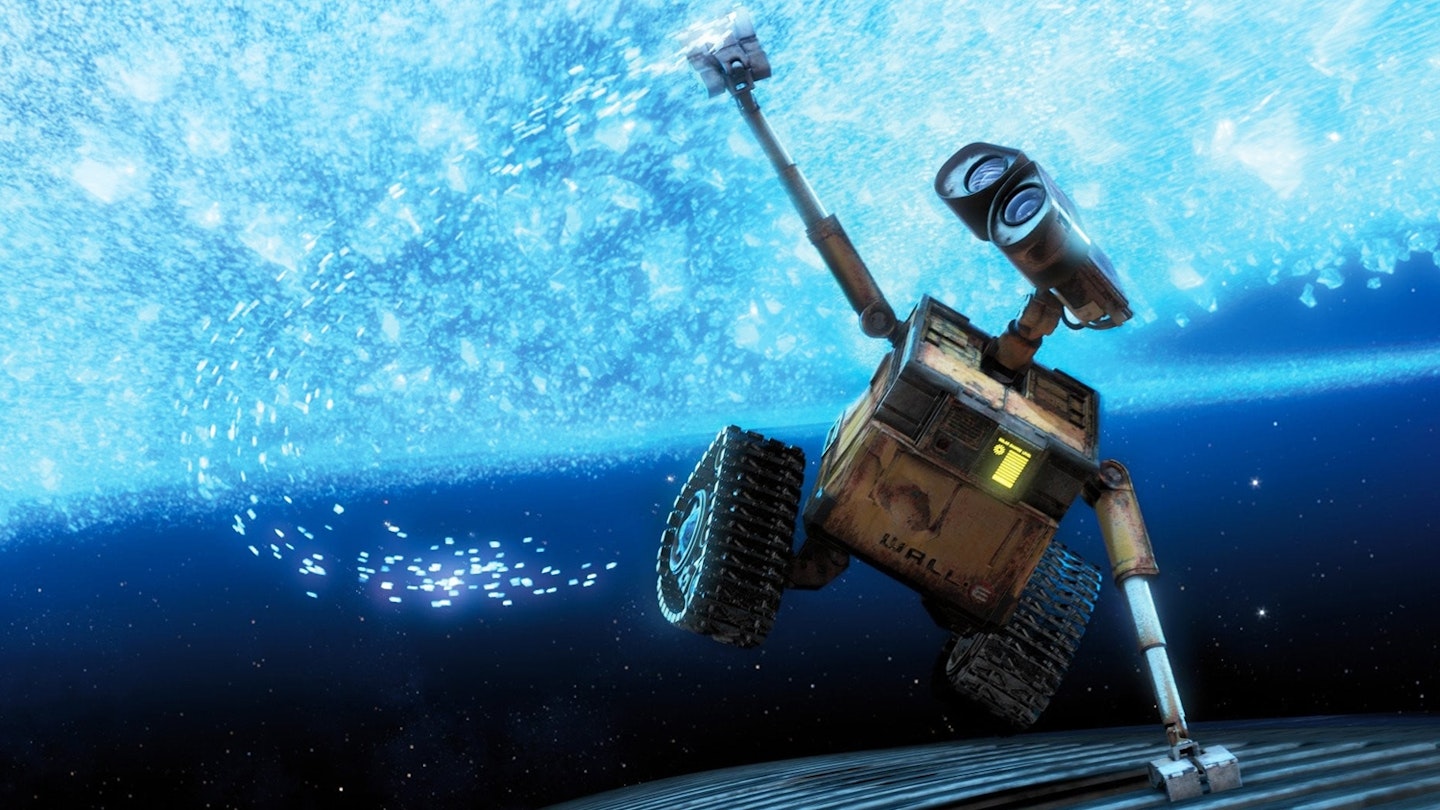
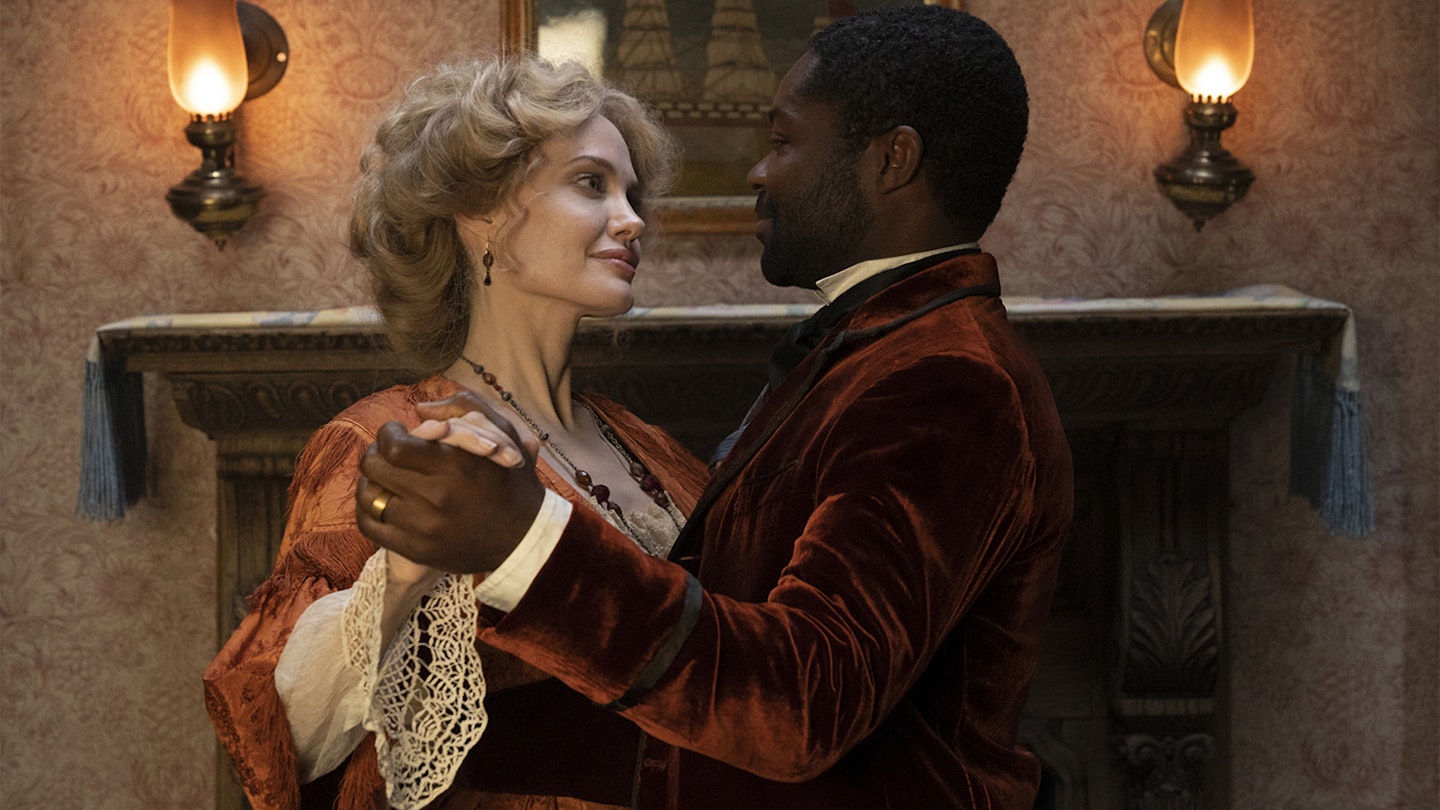
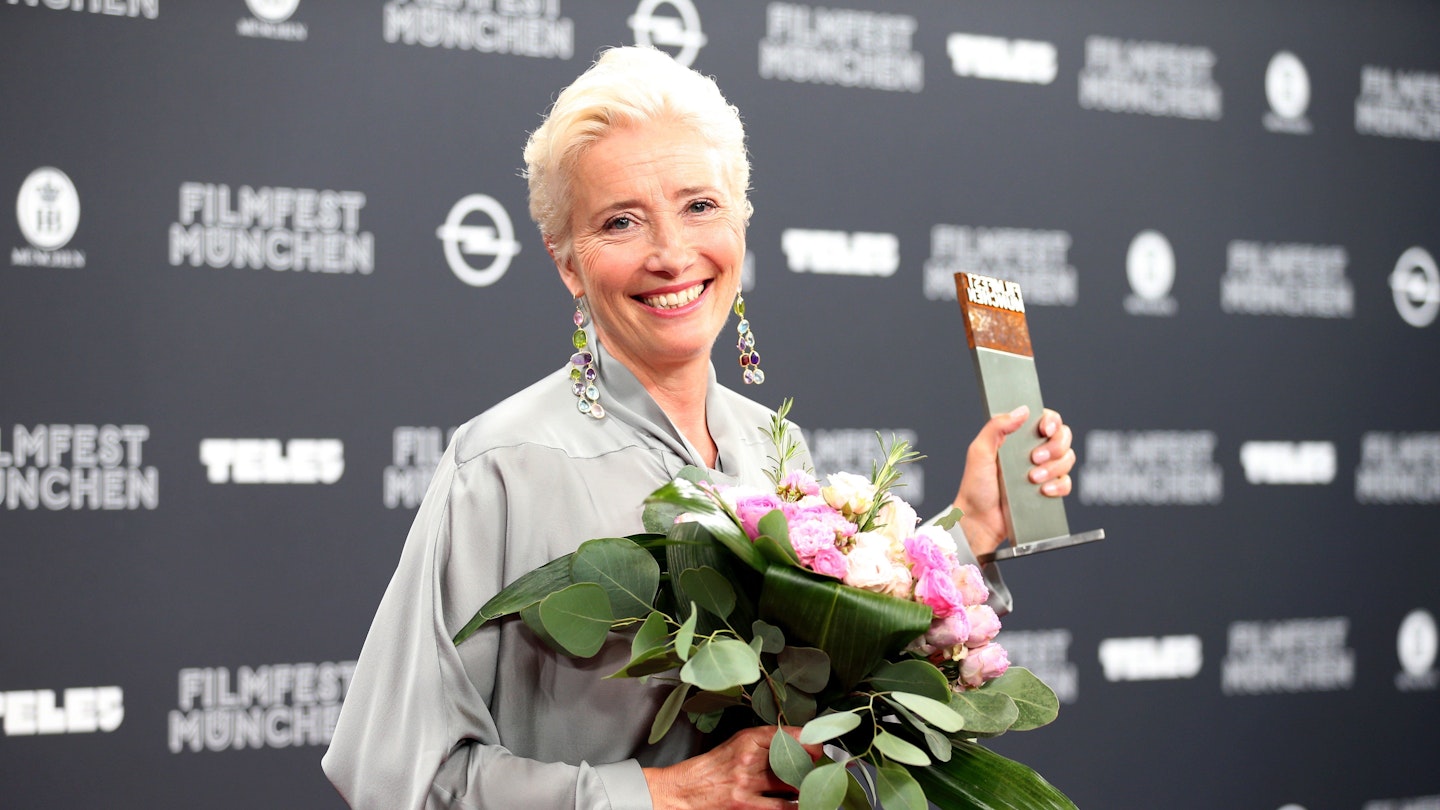
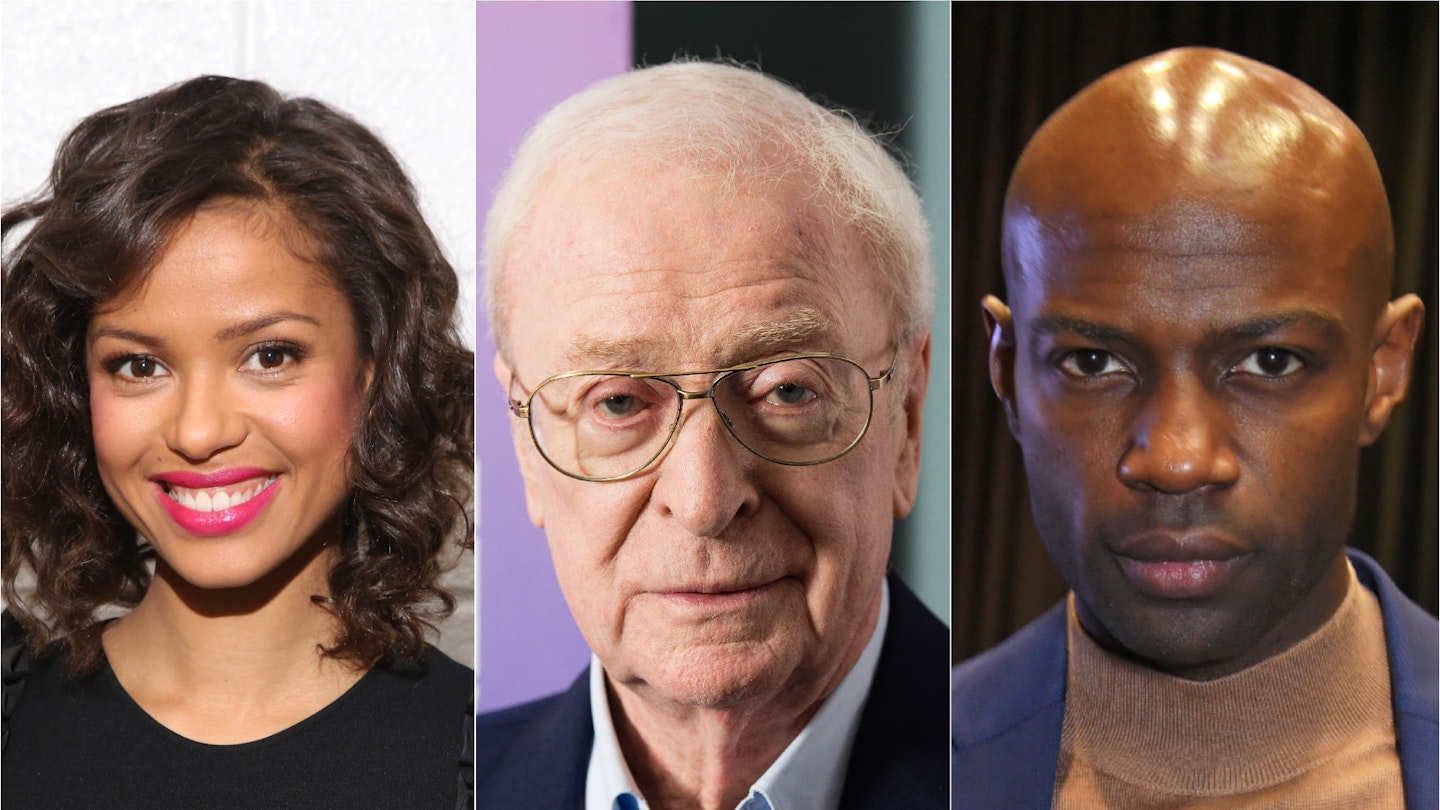
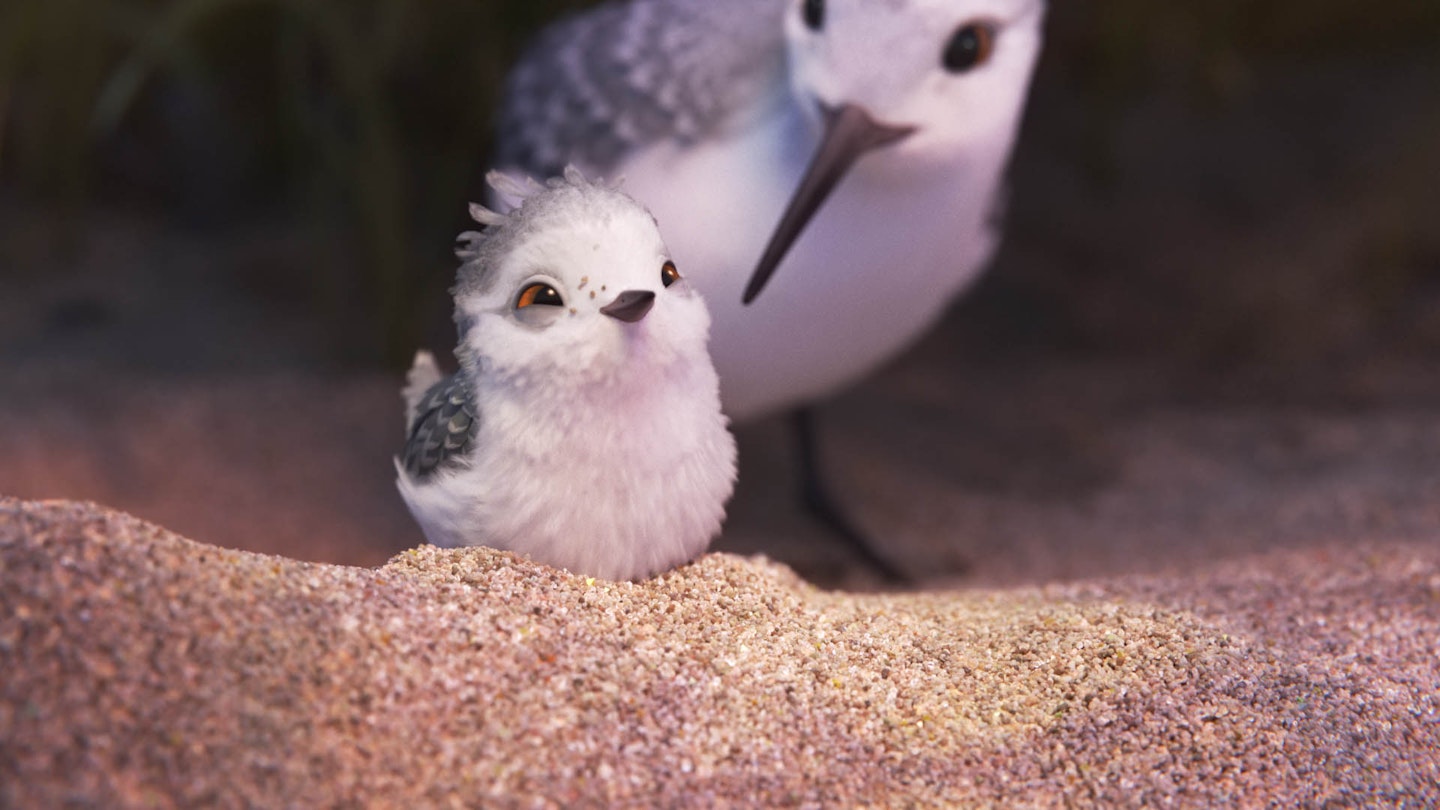
.jpg?ar=16%3A9&fit=crop&crop=top&auto=format&w=1440&q=80)
